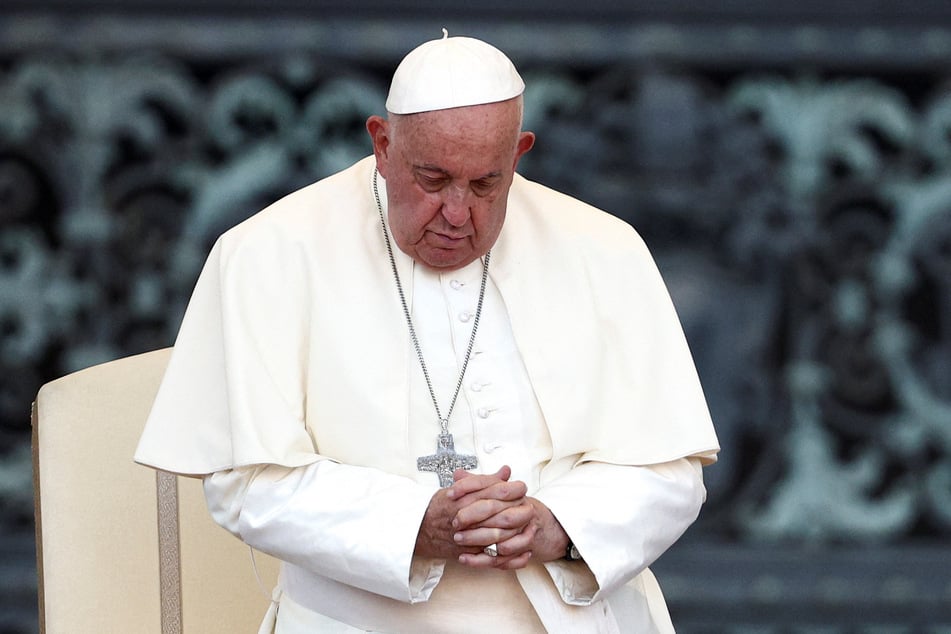Pope Francis reveals his favorite book genre in appeal for reading
Vatican City - Pope Francis' bookish side emerged Sunday, after the Vatican published a letter in which the pontiff encourages young priests to read – while revealing that he himself likes the great tragedies.

"How can we speak to the hearts of men and women if we ignore, set aside or fail to appreciate the 'stories' by which they sought to express and lay bare the drama of their lived experience in novels and poems," asked the pontiff in his July 17 letter to priests-to-be, published by the Vatican on Sunday.
In the lengthy text – peppered with references to literary greats like C.S. Lewis, Marcel Proust, T. S. Eliot, and Jorge Luis Borges – Francis argued that reading was "part of one's path to personal maturity" and crucial not just for those joining the priesthood but all Christians in general.
Noting that Paul the Apostle was a reader, Francis plugged for time spent reading, noting that a good book can "(keep) us from other choices that are less wholesome" and open up minds "trapped by a few obsessive thoughts."
"In moments of weariness, anger, disappointment or failure, when prayer itself does not help us find inner serenity, a good book can help us weather the storm until we find peace of mind," wrote the 87-year-old Argentine Jesuit.
Reading – which the pope noted requires greater personal engagement than watching films or television – improves one's vocabulary, develops intellectual capacity, and reduces stress and anxiety, he argued, adding that he regretted that literature is considered non-essential in the training of priests.
"We desperately need to counterbalance this inevitable temptation to a frenetic and uncritical lifestyle by stepping back, slowing down, taking time to look and listen. This can happen when a person simply stops to read a book," he wrote.
Pope Francis recalls his time as high school literature teacher

In a personal aside, Francis recalled teaching high school literature at a Jesuit school at the age of 28, encountering resistence from students who did not want to read certain selections.
Arguing that even difficult or boring texts had value, the pope said people should approach reading with "an open mind" and "a willingness to be surprised."
"I, for my part, love the tragedians, because we can all embrace their works as our own, as expressions of our own personal drama," he said.
"In weeping for the fate of their characters, we are essentially weeping for ourselves, for our own emptiness, shortcomings and loneliness."
Seeing life through the eyes of others through literature leads to greater perspective and greater humanity as readers step out of their own lives to enter that of others, Francis wrote.
"We are caught up in the lives of the fruit seller, the prostitute, the orphaned child, the bricklayer’s wife, the old crone who still believes she will some day find her prince charming," he said.
Immersing oneself in the thoughts and fears of characters facing daunting challenges has hidden benefits, wrote Francis.
"Perhaps too, in following a story to the end, we gain insights that will later prove helpful in our own lives."
Cover photo: REUTERS

